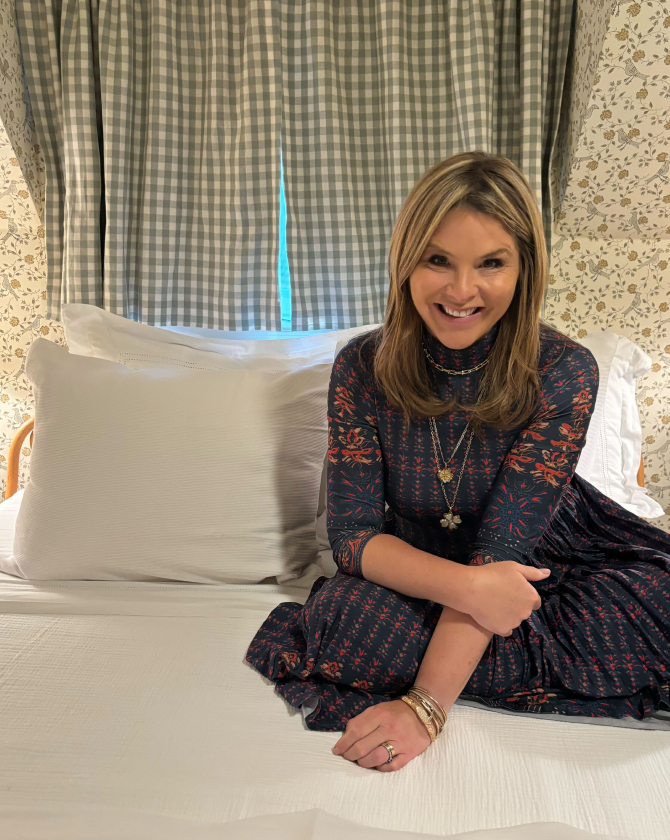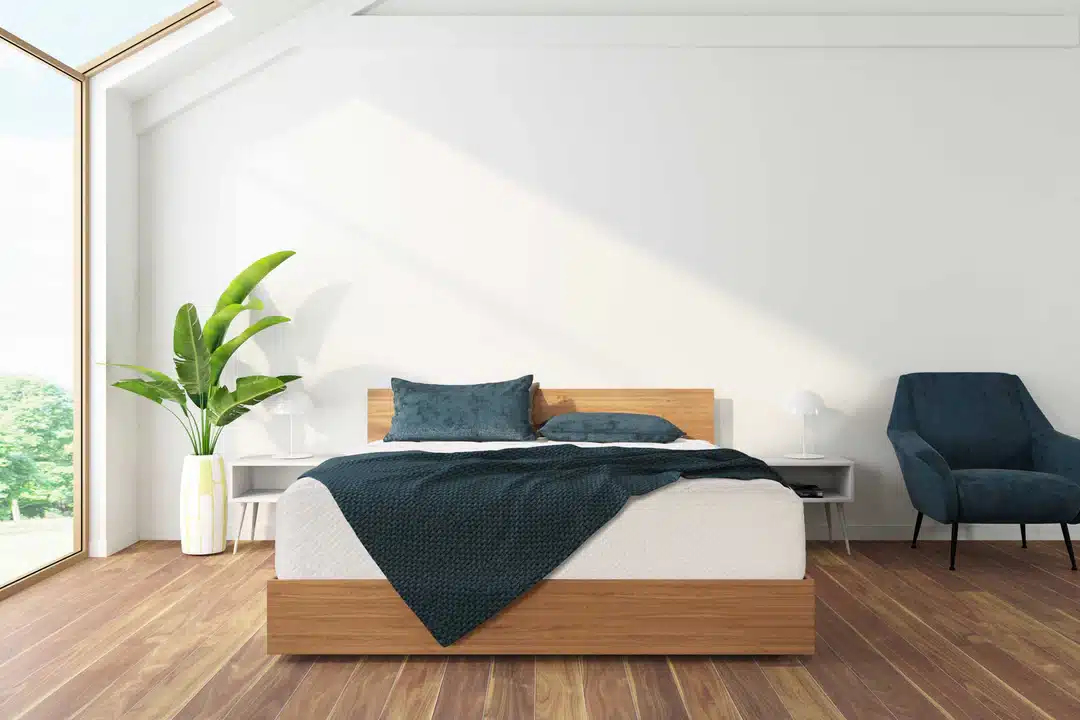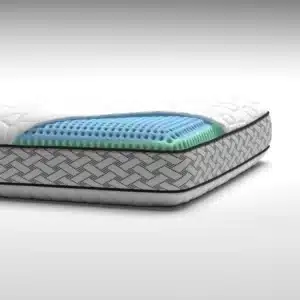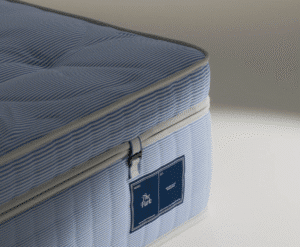The Crucial Connection Between Sleep and Mental Health
Understanding the Link Between Sleep and Mental Health
Sleep and mental health are intertwined in complex ways, and understanding this connection is essential for overall well-being. Recent statistics illustrate a striking correlation between sleep quality and mental health challenges:
– Approximately 75% of individuals with depression report experiencing insomnia.
– In 2021, about 20% of adolescents exhibited symptoms of major depressive disorder.
– Depression stands as the leading cause of disability globally.
– Teenagers require over 9 hours of sleep each night, yet only half manage to get this amount.
– Obstructive sleep apnea (OSA) significantly increases the risk of severe mental distress.
These statistics highlight the urgent need to prioritize sleep as a cornerstone of mental health. Poor sleep doesn’t merely leave one feeling fatigued; it can profoundly affect cognitive functions, emotional stability, and behavioral responses. Good quality sleep is vital for processing emotions and memories, which is essential for maintaining emotional balance.
My name is Ben Trapskin, and I have grappled with sleep issues for years, impacting my mental health in various ways. Through personal experience, I’ve recognized the importance of addressing the interplay between sleep and mental health statistics in our daily lives. Let’s delve deeper into this captivating relationship and explore how enhancing sleep can foster improved mental well-being.
The Prevalence of Sleep Disorders and Mental Health Issues
In the United States, chronic sleep disorders are alarmingly prevalent. Research indicates that 10% to 18% of adults in the general population experience sleep issues such as insomnia. Among those with psychiatric conditions, the statistics are even more distressing, with 50% to 80% of patients in psychiatric practices reporting chronic sleep problems.
Insomnia and Depression
Insomnia is one of the most widespread sleep disorders, often occurring alongside depression. Many individuals suffering from depression find it challenging to both fall asleep and remain asleep, creating a vicious cycle where inadequate sleep exacerbates depressive symptoms.
Anxiety and ADHD
Individuals with anxiety disorders typically experience states of hyperarousal, which can hinder relaxation and make falling asleep challenging. Furthermore, those with Attention Deficit Hyperactivity Disorder (ADHD) often face sleep disturbances, as winding down at night poses significant difficulties. The confluence of these factors can lead to excessive daytime fatigue and heightened irritability.
These sleep and mental health statistics underscore the necessity of addressing sleep issues within the framework of mental health treatment.
The Bidirectional Relationship Between Sleep and Mental Health
Sleep and mental health impact each other in a dynamic relationship akin to dance partners, each influencing the other in profound ways. This bidirectional relationship suggests that sleep disorders can foster mental health issues, and conversely, mental health problems can disrupt sleep patterns.
Symptom-Disease Association
Historically, sleep problems were frequently perceived as symptoms of mental health disorders. For example, insomnia has long been viewed as indicative of underlying depression or anxiety. However, recent research indicates that the relationship isn’t merely one of symptomatology; poor sleep can actively contribute to mental health challenges. This creates a relentless feedback loop, where inadequate sleep perpetuates mental health issues and vice versa.
Emotional Health and Brain Activity
During sleep, particularly in the REM (Rapid Eye Movement) stage, the brain performs essential functions related to emotional processing. It evaluates and consolidates memories, playing a crucial role in emotional regulation. Insufficient REM sleep can hinder this process, making it more difficult for individuals to cope with their emotions. Studies have illuminated that lack of adequate sleep can amplify emotional reactivity, causing individuals to overreact to minor setbacks and making them more susceptible to mental health disorders.
The effects of sleep disorders, such as Obstructive Sleep Apnea (OSA), also compound this issue. OSA disrupts sleep continuity and can lead to a significant decline in mental well-being.
Real-World Evidence and Statistical Insights
A 2019 study revealed that each night of inadequate sleep heightened the risk of mental health symptoms by nearly 20%. For college students, this equated to increased feelings of loneliness, anxiety, and even suicidal ideation. These findings emphasize the critical connection between sleep and mental health.
Inadequate Sleep and Mental Distress
Data shows that individuals with insufficient sleep are nearly three times more likely to experience frequent mental distress compared to those who sleep adequately. This pattern holds even when controlling for variables like age, marital status, and income. The intricate association between inadequate sleep and frequent episodes of mental distress stands as a clarion call for prioritizing sleep.
Comprehensive Impact of Sleep Deprivation
Sleep deprivation can significantly impair emotional regulation, cognitive skills, and stress response mechanisms. According to Elizabeth Blake Zakarin, a psychologist at Columbia University, adequate sleep is essential for resetting the brain, optimizing its functioning.
Improving Sleep to Enhance Mental Health
Cognitive Behavioral Therapy for Insomnia (CBT-I)
Cognitive Behavioral Therapy for Insomnia (CBT-I) has emerged as a powerful method for treating chronic sleep problems. Rather than relying solely on medications, CBT-I focuses on altering the thoughts and behaviors that disrupt sleep. Its key components include:
– Stimulus Control: Helps individuals associate the bed with sleep.
– Sleep Restriction: Limits time spent in bed to improve sleep duration gradually.
– Relaxation Techniques: Utilizes methods such as deep breathing and mindfulness meditation to reduce pre-sleep anxiety.
– Cognitive Therapy: Challenges negative beliefs about sleep, fostering healthier perspectives.
Large clinical trials have demonstrated that CBT-I not only enhances sleep but significantly alleviates symptoms of associated mental health conditions.
Sleep Hygiene Practices
Enhancing sleep hygiene is equally vital for improving mental health. Adopting practical habits and creating an optimal sleep environment can make a noticeable difference:
– Maintain a consistent sleep schedule.
– Incorporate relaxation techniques into bedtime routines.
– Avoid stimulants like caffeine and alcohol in the evening.
– Optimize the bedroom environment for comfort.
– Engage in regular physical activity, while avoiding intense exercise close to bedtime.
Conclusion: The Symbiotic Relationship Between Sleep and Mental Well-Being
Recognizing the pivotal role of sleep in mental health is crucial. Improving sleep can lead to significant enhancements in mental well-being. Understanding the connection between sleep and mental health statistics empowers individuals to prioritize good sleep habits as a path toward emotional stability and resilience.
In summary, quality sleep lays the groundwork for a healthier mind. By focusing on sleep hygiene and treatments such as CBT-I, you can take proactive steps towards fostering improved mental health. As we unravel the complexities of sleep and mental health, remember that prioritizing rest is not merely a luxury; it’s vital for your overall well-being.


















